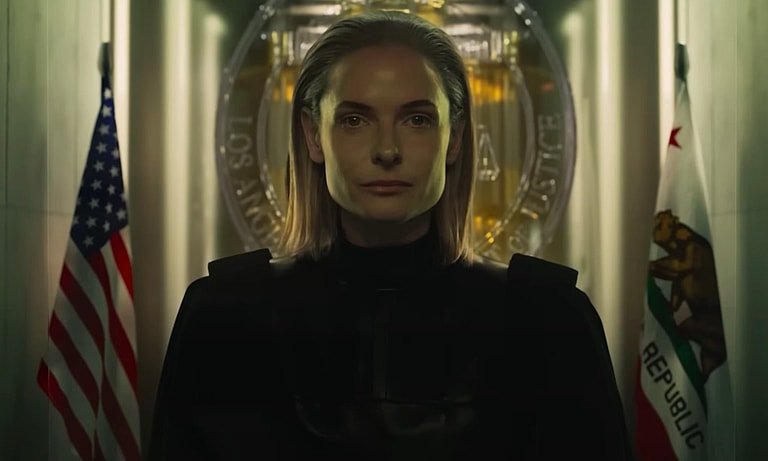The Fabelmans
/After a lifetime of telling others’ stories through film, The Fabelmans promises to be a truly special project for Steven Spielberg as he sets out to tell his own (albeit in a decidedly fictionalized manner). It’s a semi-autobiographical coming-of-age tale set in post-war Arizona—likely shot at the Vasquez Rocks, in particular—that serves as an ode to filmmaking itself.
From the outset, the sound design in this trailer does much to establish a sense of wonder for the format: a reverb-drenched voice dreamily states that “movies are dreams” as we see a toy train hurtle towards the protagonist with the surreal foley of a real train engine—somewhat evocative of the trailer for Little Children (2006). Throughout, an ethereal score floats up to the tonic, or home, note.
An arpeggiating piano enters at 0:22, establishing the main theme as we see the protagonist’s family watching slide projector film of the train we just saw earlier; as this happens, the arpeggiation rises to a parallel major chord a third above the last; it effectively borrows a chord from the parallel minor key, which is a particularly dramatic move.
For a brief moment at 0:44 we see a pianist, but we can’t be sure if it’s a diegetic source for the soundtrack. Notice the uneven rate of chord changes around this point, which serves to heighten dramatic tension a bit without deviating from the main theme. The music pauses for the date title card at 0:57 (due out in time for (American) Thanksgiving). At 0:58 the trailer nearly breaks the fourth wall as the camera appears to be positioned exactly where the screen the teenagers are looking at would be. As demonstrated earlier, there’s an interest in foregrounding the act of filmmaking itself, and the edit serves to illustrate this without also becoming overly self-aware.
At 1:02 the soundtrack enters again, now in full force with synth and orchestra, with the piano arpeggiation also underpinning the whole production. Notice how we’re given what looks like scenes of films the protagonist is making—perhaps both fiction and documentary—before we’re given some more voiceovers. Here, there are some hints about the film’s plot, including family tensions and a classic plot line about whether one should focus on following one’s artistic dreams. It is notable that the music continues unchanged even as the family tensions intensify, avoiding any obvious and all-too-cliché musical painting of the montaged scenes.
The music further escalates into epic territory with high strings and some key audiovisual synch points, such as the explosion at 1:47 or the punch at 1:54. The trailer seems to skip around at different points in the family’s life, ending when the protagonist is a child, with his mother asking a question that’s universal among movie-goers: “what was your favourite part?” On a certain level this invites the audioviewer to wonder whether the question is about the trailer, the movie The Fabelmans, or the movie the boy has made.
In a movie landscape with constantly rising stakes, it’s refreshing to see a film that finds something epic and wonderful in the story of a single family from post-war Arizona and the humble beginnings of a budding filmmaker. From another vantage point, there could be nothing more epic than a paean to the art of filmmaking itself. In any case, the trailer’s score certainly underscores this sentiment, brilliantly pairing scenes of everyday life with musical reverence.
— Curtis Perry







